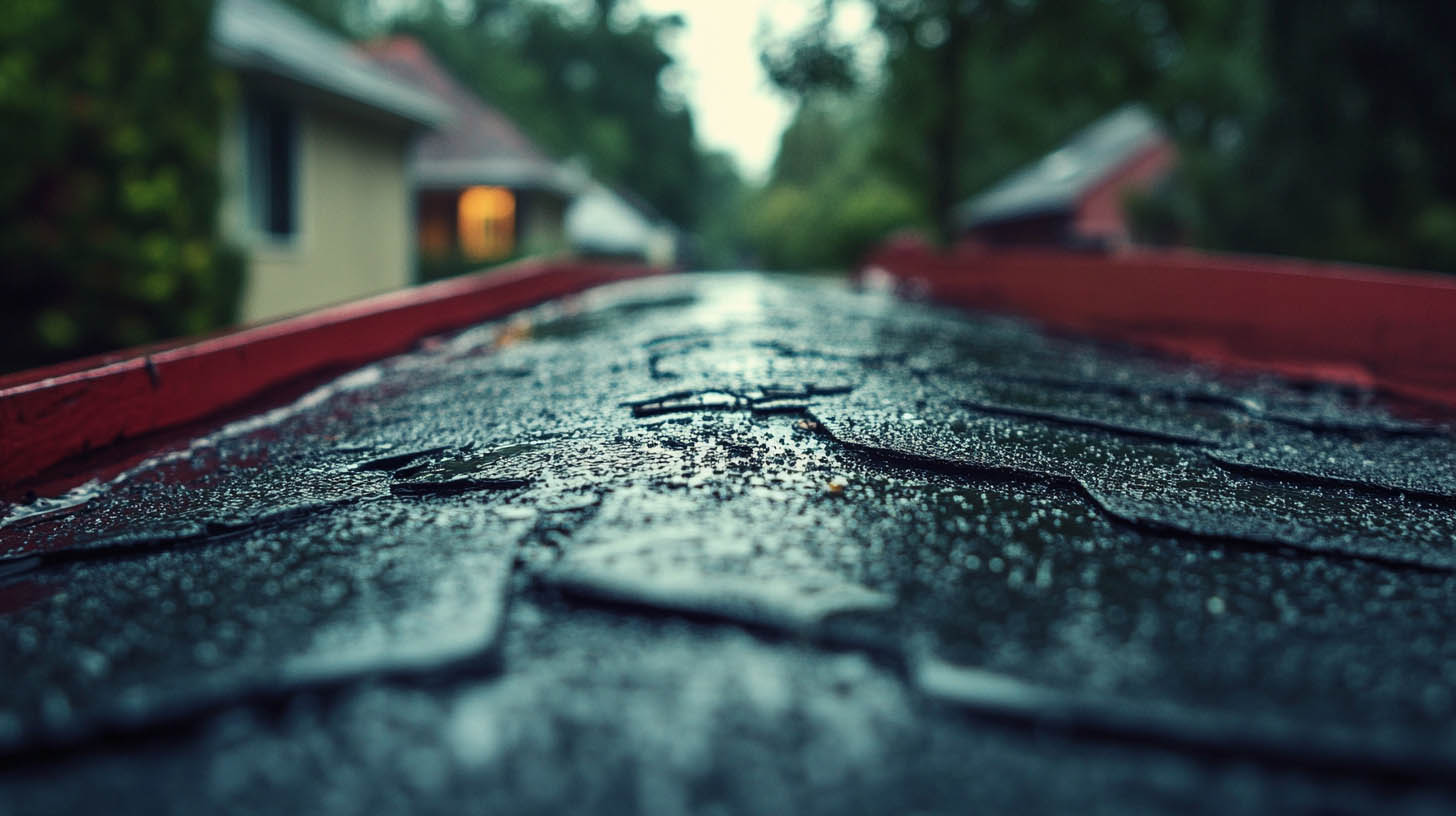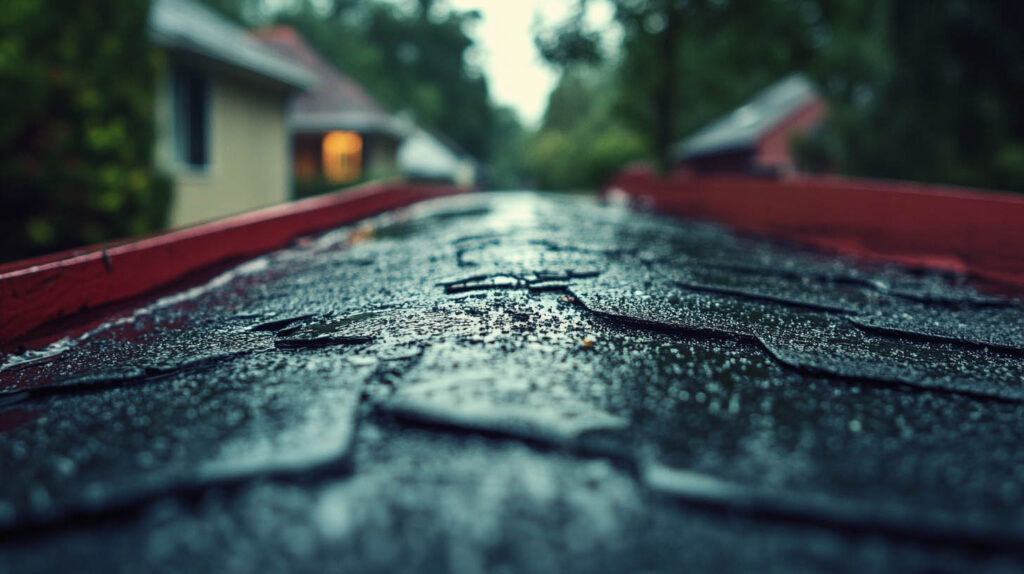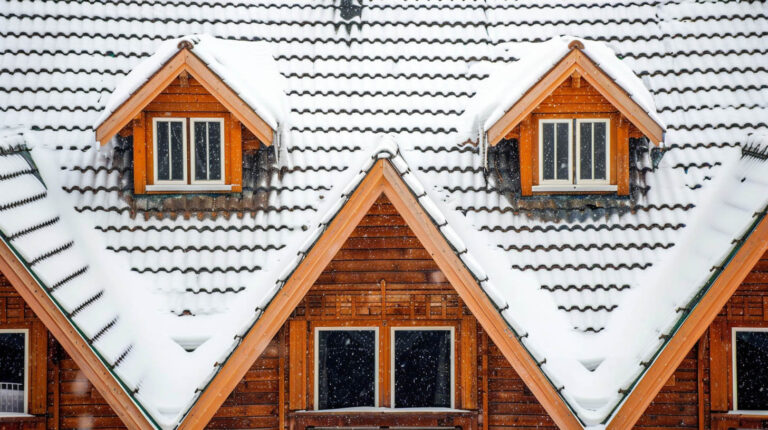
Blog
How to Handle a Roof Puncture Emergency
A roof puncture is more than a minor inconvenience—it’s an urgent issue that demands immediate attention to prevent further damage to your home. Whether caused by a storm, fallen tree limbs, or human error, a punctured roof can quickly lead to leaks, water damage, and structural issues. At Avenue Roofing, Jacksonville’s leading roofing professionals, we understand the importance of fast, effective responses to roof emergencies. Here’s what you need to know about handling a roof puncture.

Immediate Actions for a Roof Puncture
When you discover a roof puncture, acting quickly is essential to prevent more extensive damage. Here’s what to do:
- Assess the Damage: Determine how severe the puncture is. Look for signs of water infiltration or visible damage to the interior, such as stains on the ceiling or walls.
- Cover the Area: If it’s safe to do so, cover the puncture with a tarp to temporarily block water from entering your home. This is a short-term solution that buys you time until professional help arrives.
- Contact a Roofing Professional: Don’t delay. Call a professional roofing contractor as soon as possible. Swift action can mean the difference between a minor repair and a full roof replacement.
Fact: According to a study, roof damage caused by storms accounts for over 50% of insurance claims in areas prone to severe weather. This highlights the need for immediate repair following any roof damage.
Common Causes of Roof Punctures
Understanding what caused the puncture can help in preventing future issues. Some of the most common causes include:
- Fallen Debris: Strong winds can knock down tree limbs or other debris, damaging your roof.
- Human Activity: Walking on the roof without proper precautions or improper installation of equipment like HVAC units can lead to punctures.
- Aging Roof: As roofs age, the materials weaken, making them more susceptible to damage from everyday wear and tear.
By identifying the cause, you can take measures to protect your roof from further harm.
Preventing Roof Punctures
While some roof punctures are unavoidable, others can be prevented through proper maintenance and care. Here are some best practices to avoid future punctures:
- Regular Inspections: Schedule professional roof inspections at least twice a year, especially after severe weather, to catch potential weak spots before they become major problems.
- Limit Roof Access: Minimize foot traffic on the roof to reduce the risk of accidental damage.
- Tree Maintenance: Trim nearby trees to prevent limbs from falling onto your roof during storms.
- Use Durable Materials: Consider using high-quality, puncture-resistant roofing materials during installations or replacements for added protection.
Roof Repairs vs. Reroofing
In some cases, a roof puncture may require more than a simple patch job. If your roof is older or has sustained significant damage, you may need to consider reroofing. A professional roofing contractor can assess the extent of the damage and determine whether repairs or a full replacement is the best option.
Conclusion
Dealing with a roof puncture can be stressful, but taking swift action is crucial to preventing further damage. Start by covering the puncture, document the damage, and contact a professional roofer to evaluate the situation. At Avenue Roofing, we specialize in fast, effective roof repairs and replacements to restore the safety and security of your home. If you suspect a roof puncture or need an inspection, don’t hesitate to reach out for expert assistance.
Frequently Asked Questions
1. What should I do immediately after discovering a roof puncture?
Cover the puncture with a tarp to prevent water damage and contact a professional roofer for an assessment.
2. Can I repair a roof puncture myself?
While you can temporarily cover the hole, permanent repairs should be left to professionals to ensure the job is done correctly and safely.
3. Will my homeowners insurance cover a roof puncture?
Most homeowners insurance policies cover roof damage caused by storms or falling debris. However, coverage may vary, so it’s essential to check your policy.
4. How long can I wait to repair a roof puncture?
You should address a roof puncture immediately to prevent further damage, such as water infiltration and mold growth.
5. What are the most common causes of roof punctures?
Common causes include fallen debris from storms, improper installation of roof equipment, and general wear and tear from aging materials.
To learn what to do when you discover a roof leak, click here.



